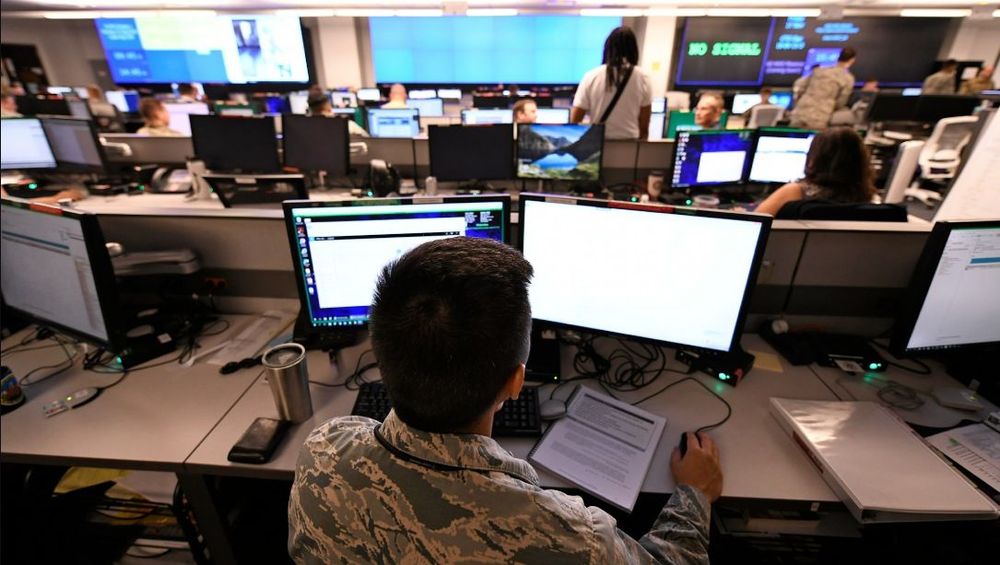Air Force cyber chief sees enduring support in Europe as war rages on
A top Air Force official said the service would be able to continue providing cyber personnel and support to U.S. forces in Europe as Russia’s war on Ukraine enters its six month.
Lt. Gen. Kevin Kennedy, the new head of Sixteenth Air Force (Air Forces Cyber), said that his organization — which conducts cyber, electronic warfare and intelligence operations — is adhering to previously established readiness plans to ensure its digital warriors remain fresh as they provide support to U.S. European Command.
“We have a sustainable readiness model within our teams" that "give time for our force so we don't get stale or it doesn't become a case where we're not ready for the thing over the next horizon,” Kennedy told reporters on Thursday, hours after he assumed command of the Texas-based military outfit.
That is “one of the key emphasis items that we will have and continue to have in 16th Air Force is our readiness" as the service’s component to Cyber Command that provides teams to execute cyber operations for Strategic Command, Transportation Command and Space Command, he added.
The three-star, who previously served as Cyber Command’s director of operations, also expressed confidence that the service won’t exhaust its tactics, techniques and procedures (TTPs) as the conflict grinds on.
“A large amount of our time is contesting the adversary as they're working through the cyber domain,” according to Kennedy. “And with respect to those TTPs, I don't necessarily see those as perishable. I see that as exposing adversary behavior — actually removing their capabilities from the environment — publishing their malware, exposing their TTPS across the environment, and with our allies and partners.”
“When we continue in a type of everyday competition mindset during crises, we can continue to have effect as we engage the adversaries in the cyber domain,” he told reporters.
Martin Matishak
is the senior cybersecurity reporter for The Record. Prior to joining Recorded Future News in 2021, he spent more than five years at Politico, where he covered digital and national security developments across Capitol Hill, the Pentagon and the U.S. intelligence community. He previously was a reporter at The Hill, National Journal Group and Inside Washington Publishers.



